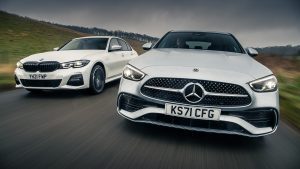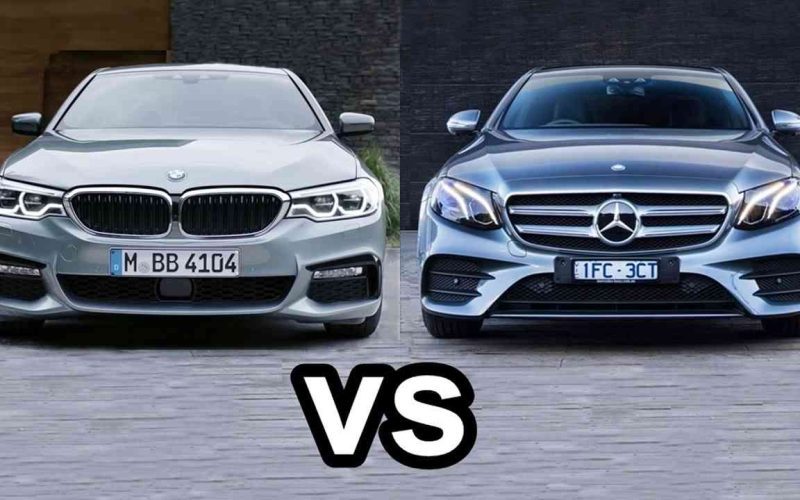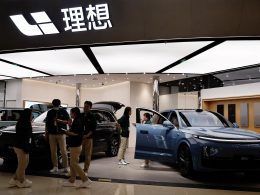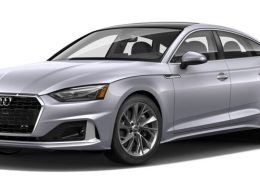In the realm of luxury automobiles, two titans stand tall: BMW and Mercedes-Benz. These German automotive giants have long vied for the attention of discerning consumers, offering unparalleled engineering, style, and prestige. However, when it comes to acquiring these symbols of automotive excellence, the age-old question persists: is it better to lease or buy? In this article, we delve into the pros and cons of leasing versus buying a BMW or Mercedes-Benz in 2024, assisting potential buyers in making the right choice for their preferences and financial circumstances.
Leasing: The Pros and Cons

Leasing a BMW or Mercedes-Benz can be an attractive option for many consumers, offering lower monthly payments and the allure of driving a new luxury vehicle every few years. However, it’s essential to consider both the advantages and limitations of leasing before committing to a lease agreement.
Pros of Leasing:
- Lower Monthly Payments: Lease agreements typically come with lower monthly payments compared to purchasing the same vehicle outright. This can make driving a luxury car more affordable in the short term.
- Access to New Models: Leasing allows drivers to regularly upgrade to the latest models, enjoying cutting-edge technology, performance enhancements, and updated designs.
- Minimal Maintenance Costs: Since leased vehicles are usually under warranty for the duration of the lease term, maintenance and repair costs are often covered, providing peace of mind to lessees.
Cons of Leasing:
- Ownership Limitations: When you lease a vehicle, you don’t own it outright. This means you’re bound by mileage restrictions and other limitations imposed by the lease agreement.
- Long-term Costs: While leasing may offer lower monthly payments, it can be more expensive over the long term compared to buying, especially if you lease multiple vehicles consecutively.
- No Equity Buildup: Unlike buying a vehicle, leasing does not contribute to ownership equity. Once the lease term ends, you return the car to the dealership with nothing to show for your payments.
Buying: The Pros and Cons
Purchasing a BMW or Mercedes-Benz outright provides a sense of ownership and flexibility that leasing cannot match. However, buying comes with its own set of advantages and challenges that prospective buyers must weigh carefully.
Pros of Buying:
- Ownership: When you buy a vehicle, you own it outright, giving you the freedom to modify, customize, and sell it as you see fit.
- No Mileage Restrictions: Unlike leased vehicles, owned vehicles have no mileage restrictions, allowing you to drive as much as you want without fear of incurring penalties.
- Equity Buildup: Buying a car allows you to build equity over time. As you pay off the loan, you accumulate ownership value that can be tapped into through resale or trade-in.
Cons of Buying:
- Higher Upfront Costs: Purchasing a luxury vehicle outright typically requires a significant upfront investment, including a down payment, taxes, and registration fees.
- Depreciation: Luxury cars, like all vehicles, depreciate over time. While ownership allows you to build equity, the value of your car will inevitably decline, impacting its resale value.
- Maintenance Expenses: As the owner of a vehicle, you’re responsible for all maintenance and repair costs once the warranty expires, which can be substantial for luxury cars.
Comparative Analysis: BMW vs. Mercedes-Benz
To assist consumers in making an informed decision, let’s compare leasing and buying options for popular BMW and Mercedes-Benz models available in 2024.
Comparative Table:
| Aspect | Lease (BMW/Mercedes-Benz) | Buy (BMW/Mercedes-Benz) |
|---|---|---|
| Monthly Payments | Lower | Higher |
| Ownership | No | Yes |
| Mileage Restrictions | Yes | No |
| Maintenance Costs | Minimal (covered under warranty) | Higher (after warranty expires) |
| Equity Buildup | No | Yes |
| Upfront Costs | Lower | Higher |
| Depreciation | Not applicable (return at end of lease) | Yes (impacts resale value) |
Conclusion
In conclusion, whether to lease or buy a BMW or Mercedes-Benz in 2024 depends on various factors, including individual preferences, financial considerations, and long-term goals. Leasing offers lower upfront costs and the allure of driving a new luxury vehicle every few years, while buying provides ownership, equity buildup, and long-term cost savings. By carefully weighing the pros and cons of each option and considering comparative factors, consumers can make the right choice that aligns with their needs and lifestyle preferences.
Furthermore, when buying outright, both BMW and Mercedes-Benz vehicles retain their prestige and desirability over time, making them relatively safe investments in the luxury automotive market. However, buyers should carefully research factors such as reliability ratings, resale values, and long-term ownership costs to ensure they’re making a sound investment. Additionally, certified pre-owned (CPO) programs offered by both brands provide an attractive middle ground for buyers seeking a balance between affordability and peace of mind, offering warranties and additional benefits on lightly used luxury vehicles. Ultimately, whether leasing or buying, choosing between BMW and Mercedes-Benz involves considering personal preferences, financial circumstances, and the specific offerings of each brand to find the perfect luxury vehicle for 2024 and beyond.












